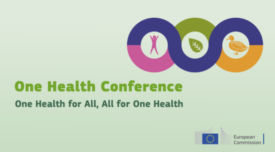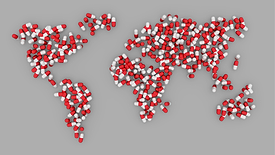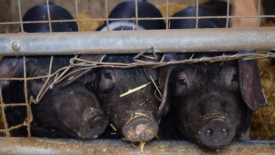Home » one health
Articles Tagged with ''one health''
EFSA's WGS System: Enhancing Food Safety in the EU by Connecting Genomic Data
The establishment of a comprehensive surveillance program that harnesses the benefits of WGS requires a coordinated approach within the framework of One Health
October 6, 2023
Never miss the latest news and trends driving the food safety industry
eNewsletter | Website | eMagazine
JOIN TODAY!Copyright ©2025. All Rights Reserved BNP Media.
Design, CMS, Hosting & Web Development :: ePublishing










